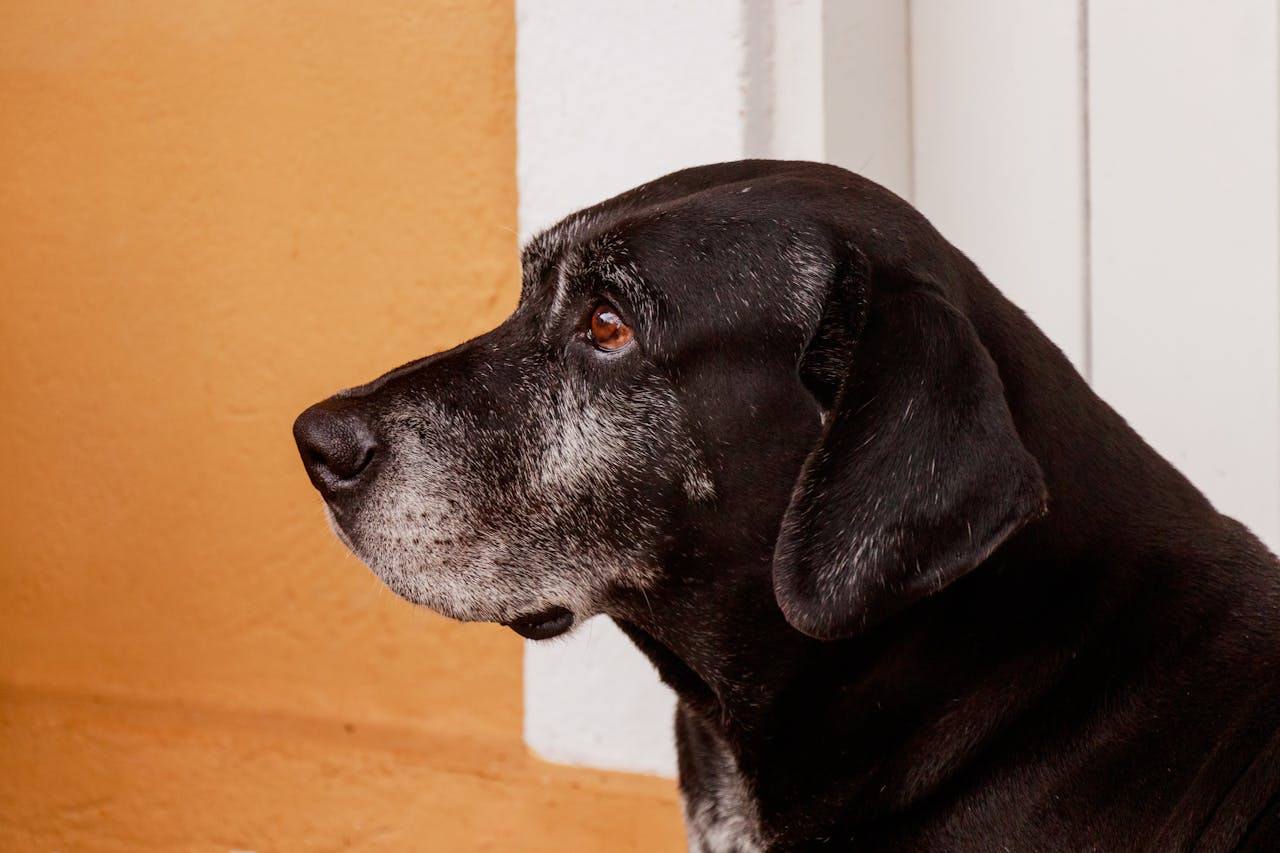*Collaboration
When you own a pet, watching your furry friend get older can be bittersweet – they won’t be as playful as they once were, but perhaps that means they’re a bit more relaxed and cuddly, for example. Whatever happens, ageing is just a natural part of life for everyone, animal or human, and there’s loads of things we can do for our pets to help them enjoy their golden years to the fullest. With that in mind, keep reading to learn how to help your pet as they get older and ensure they are gracefully and happily – it’s the least they deserve for being such a good friend.
Prioritise Regular Vet Visits
As pets get older, regular check-ups with the vet become even more important than ever – you might not feel it’s necessary to take your furry friend to the vet when they’re younger because there’s nothing seemingly wrong, but as they get older, they might develop the same aches, pains, and other ailments as humans do (or at least similar ones like arthritis, dental issues, and heart disease, for example), and because they can’t tell you what’s wrong, regular check-ups are the best thing to do – then you’ll know precisely what the situation is and how to take care of your pet if there’s an issue.
The best thing to do is to schedule at least two visits a year for a thorough check-up – that way, your vet can monitor changes in your pet’s health, give you personalised and professional advice, and spot any issues early on. In the end, preventative care is the best way to keep your pet happy and healthy, and only a vet can ensure everything’s noticed in plenty of time.
Keep Their Diet Balanced
As with everyone, diet plays a huge role in keeping your ageing pet nice and healthy, and although you might not know it, the fact is that older pets usually don’t need as many calories as younger ones – after all, they’re not generally as active. However, they might need better or more nutrients instead, which is why just feeding them less isn’t the best move to make in most cases.
Take a look at the pet food on offer and make sure you’re choosing something specifically designed for older pets (often labeled as ‘senior’). This type of food typically contains added vitamins, antioxidants, and glucosamine, which are beneficial for joint health. If you have a senior dog, for instance, you’ll want to ensure they’re getting high-quality ingredients that support their overall well-being. Many pet owners opt for food like Dr. Marty’s Nature’s Blend dog food, which provides a well-balanced mix of nutrients tailored to a dog’s needs, helping them stay active and energetic even as they age. And here’s another reason to visit the vet—if your pet has specific dietary needs, they can guide you in choosing the best food to keep them healthy and happy.
And don’t forget about hydration! Always make sure your pet’s bowl is clean and easy to reach and change the water at least twice a day, even if it doesn’t look as though they’ve drunk anything.
Support Joint Health
We mentioned your older pet’s joints earlier, and that’s because joints can be the first problem pets experience as they age – just like humans. You might notice them walking around with stiff legs, for example, or you might spot that they can’t jump up onto your lap like they once did, and that can be hard to see. But there is something you can do to help, and that’s to look for items specifically designed to help with things like joint stiffness and arthritis – we mean things like orthopaedic beds, ramps, or perhaps some non-slip mats.
On top of that, adding supplements or looking into natural remedies like CBD oil for dogs can also help when it comes to joint problems – when you start to investigate, you’ll find that a lot of pet owners have discovered that CBD can help with better mobility and even overall wellbeing, but just make sure you check with your vet before you start as they’ll be able to give you some guidance and ensure it’s the right option for your pet.
Change Their Exercise Routine
Just because your pet’s slowing down a bit, that doesn’t mean they don’t still need exercise – the truth is that they do, it’s just that it’s going to be different exercise and in different amounts from when they were younger. Exercise is actually one of the best things you can do for them because it’s something that helps keep their muscle tone good, keep their joints moving, and keep their mind active and stimulated, all of which is so important as they get older.
For dogs, short walks, swimming, or some play sessions at home are perfect – and if you’ve been doing these things all along, tweaking them a bit so they’re good for your older dog is a wise move – the walks might be shorter, for example, or the play sessions might not be quite so excitable. For cats, you can get loads of interactive toys that they can choose to play with and for how long, meaning you’ll never push them too hard – it takes a lot longer for older animals to recover after they’ve exerted themselves.
Make Their Home Age-Friendly
Small changes at home can make a massive difference to an ageing pet – just something simple like changing the height of a water bowl or food bowl if bending is getting difficult means they’ll be a lot more comfortable and they’ll eat and drink enough, rather than skipping meals because it’s too hard and painful for them to eat properly. Or perhaps you could give them some cosy spots closer to the ground where they can snooze without any problems (this is perfect for cats – younger cats won’t have any problem jumping up to wherever they need to go, but older ones might have trouble, so a lower bed means they can still be nice and comfortable).
Make sure their favourite resting areas are warm, soft, and easy to access, and if that means adding some extra padding or even investing in a heated bed, then so be it – you’ll want to do what you can to make things as good for them as possible in their golden years.

